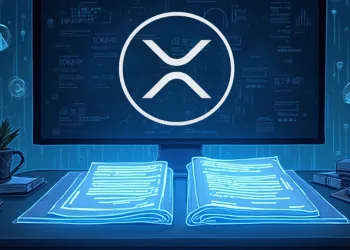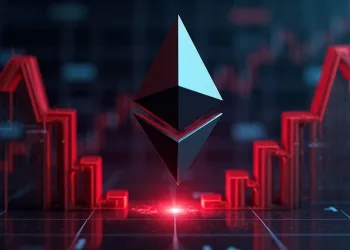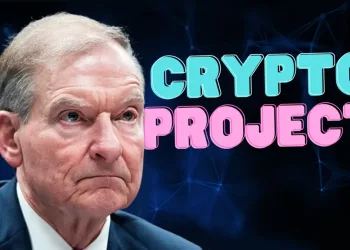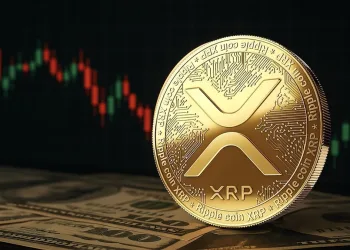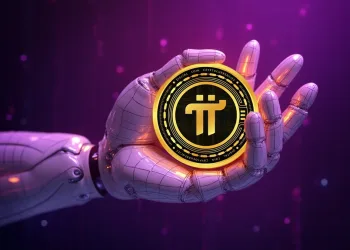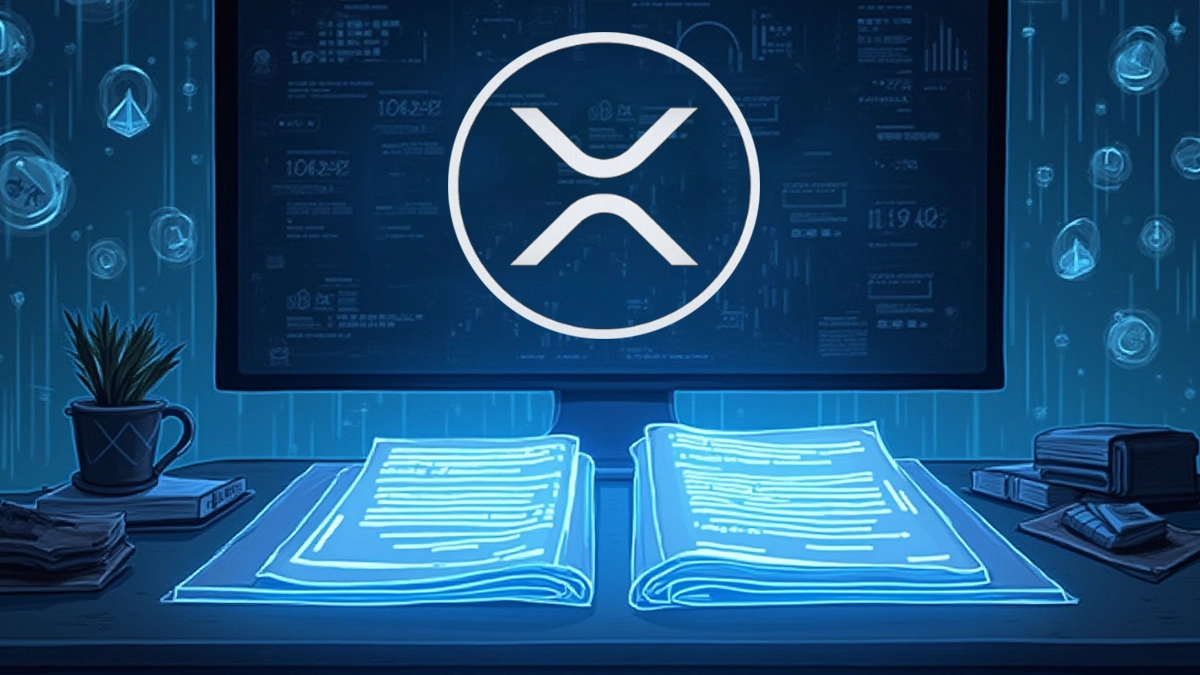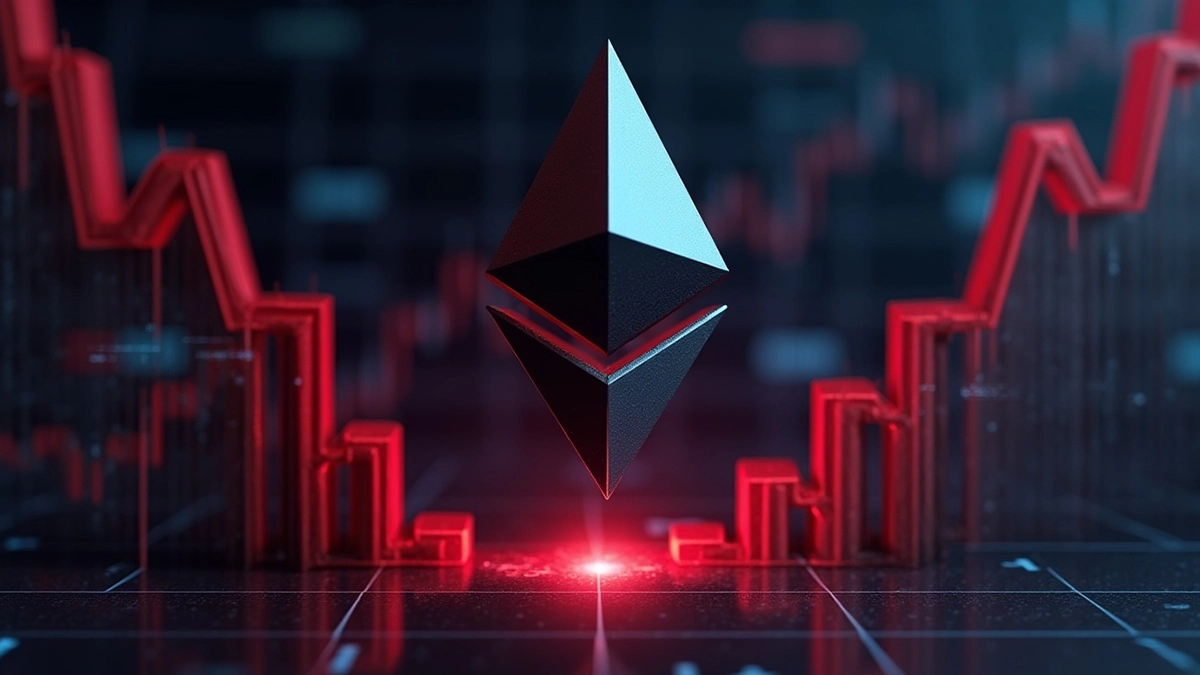- Charles Hoskinson believes Bitcoin’s future lies in decentralized finance, making it a key part of the worldwide economy.
- With the help of DeFi tools like wrapped BTC, Bitcoin may be used for more than simply holding value.
- If interoperability standards are adopted, Bitcoin could operate as part of decentralized financial networks without changing its core system.
A recent statement from Charles Hoskinson, founder of Input Output Global (IOG), has added a new perspective to the evolving narrative around Bitcoin’s role in the global financial landscape. In a brief but pointed message on X, Hoskinson stated, “With DeFi? Bitcoin is the next global economy.”
This remark, as concise as it is, indicates a wider evolution whereby decentralized finance can serve as the gateway to redefine Bitcoin beyond its traditional use case as digital gold. The context for this article is a growing discourse in the blockchain ecosystem about the focus between Bitcoin and DeFi protocols. As the oldest digital asset, Bitcoin remains the most well-known name, but its intersection with decentralized financial tools may herald a new chapter in world economic structuring.
Bridging the Gap: Bitcoin’s Emerging Role in the DeFi Ecosystem
The post implies a direct relationship between Bitcoin’s future influence and the expanding capabilities of decentralized finance. While Bitcoin has historically operated independently from most DeFi networks, recent developments suggest that bridges are being formed.
Such integration allows Bitcoin to serve as an active participant in systems that are independent of government control. It is also worth noting that most DeFi ecosystems prosper on platforms powered by smart contracts like Ethereum. However, the emergence of new interoperability frameworks may enable Bitcoin to enter DeFi infrastructure without requiring significant protocol changes.
Further, the rise of wrapped Bitcoin (wBTC) and other synthetic assets allows BTC to circulate within DeFi environments. This technological compatibility is essential for the transformation that Hoskinson hinted at. If such integration continues to gain momentum, Bitcoin could actively participate in lending, trading, and governance systems currently dominated by Ethereum-based assets.
Decentralization as a Foundation for Economic Structuring
The emphasis on DeFi underscores a decentralized path to economic coordination. Unlike traditional finance, which depends on centralized authorities, DeFi distributes power through transparent protocols and peer-to-peer networks. Integrating Bitcoin into this framework could extend its utility and influence. This shift also reinforces the broader trend where digital assets and programmable contracts form the infrastructure of alternative financial systems.
Such an evolution would not only expand Bitcoin’s relevance but also align it with broader structural changes in digital economies. With decentralization, Bitcoin’s potential goes beyond store-of-value narratives. It enters into programmable utility, market automation, and borderless transactions.
Evolving Protocols, Expanding Networks
Bitcoin’s wide adoption, security, and fixed supply contribute to its candidacy as a foundational digital economy layer. As protocol interoperability improves, Bitcoin may anchor a diverse set of financial tools and services. These developments support the assertion that Bitcoin, combined with DeFi, could form the base of future global economic systems.
Hoskinson’s statement, though brief, brings attention to this trajectory. It suggests a view where decentralized technologies elevate Bitcoin into an economic infrastructure component. As innovation continues, this role may expand within a growing decentralized financial environment.






